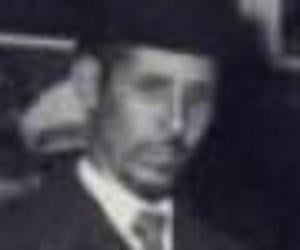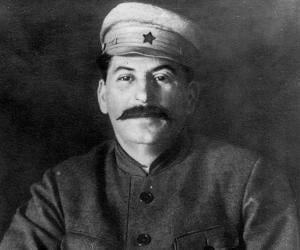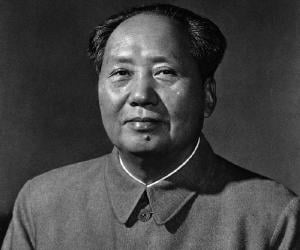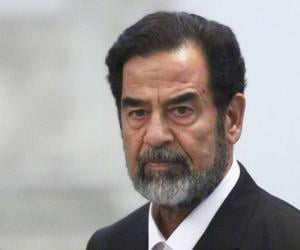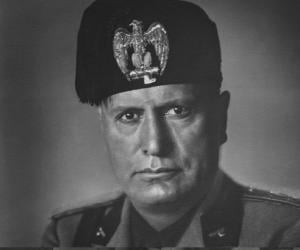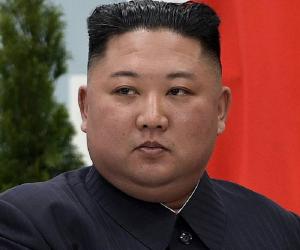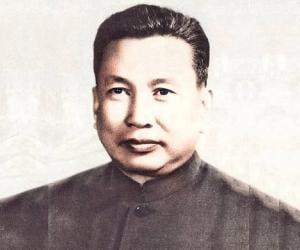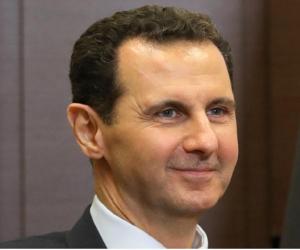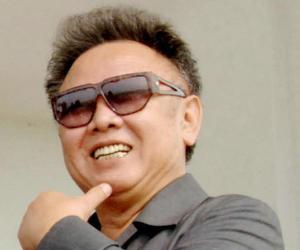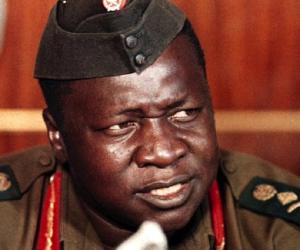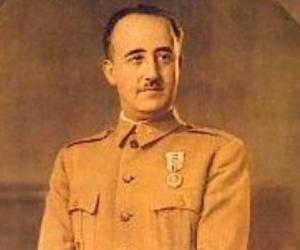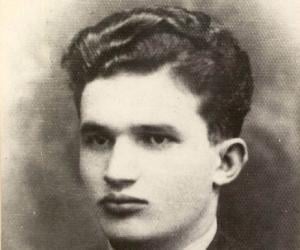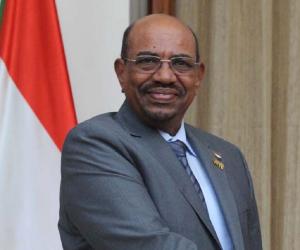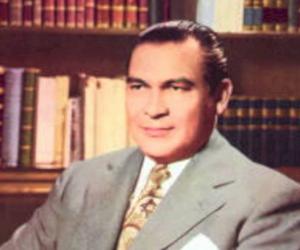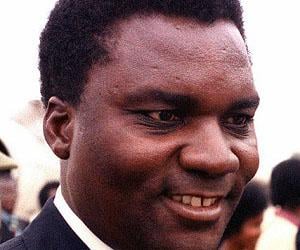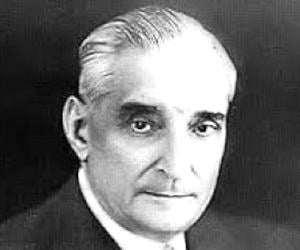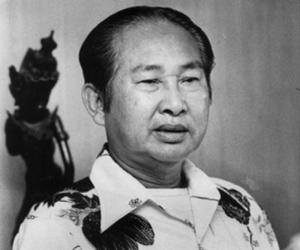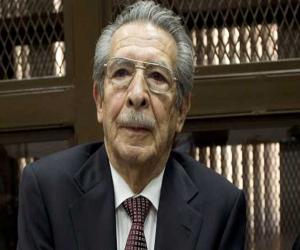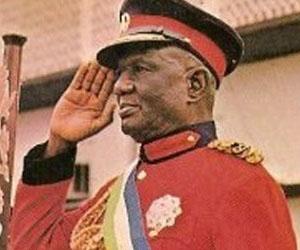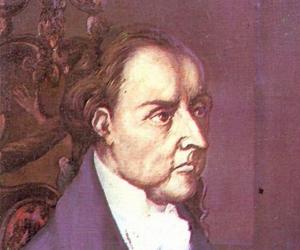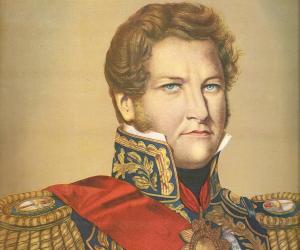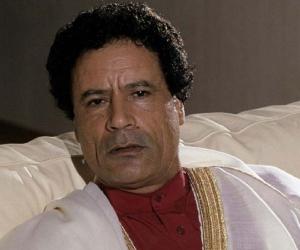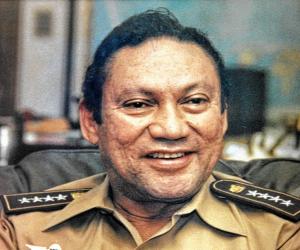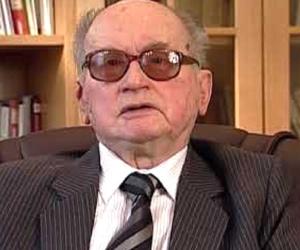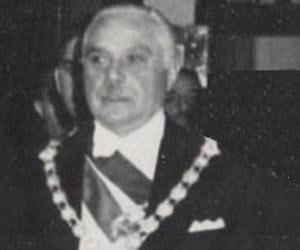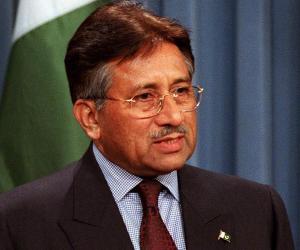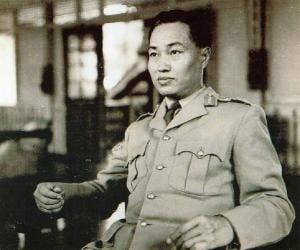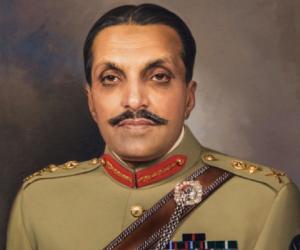Controversial Russian dictator, Joseph Stalin, ruled the Soviet Union for around 25 years from 1929 to 1953 and is credited for making it a prominent industrial and military power of the world. During the Second World War, his army defeated the Nazis too. However, his regime was also one of terror and brutality where numerous Soviet citizens lost their lives.
One of the most significant and controversial leaders of the 20th century, Mao Zedong was a communist revolutionary and the founding father of the People's Republic of China which he governed as the chairman of Chinese Communist Party. He is appreciated for numerous development work but is criticised for his authoritarian regime and policies which resulted in millions of deaths .
Saddam Hussein ruled Iraq as its president from 1979 to 2003. Described as one of the last of the great dictators of the 20th century, his regime caused the deaths of at least 250,000 Iraqis. Saddam was deposed in 2003 when a U.S led coalition invaded Iraq. Accused of crimes against humanity, Saddam Hussein was sentenced to death in 2006.
The dictator of Italy from 1925 to 1945, Benito Mussolini founded the Fascist Party in 1919. It opposed class discrimination and supported nationalism. But when in power, Mussolini crushed rival political parties, trade unions, free press and free speech. He was overthrown by his former colleagues in the Fascist government in July 1943 and ultimately shot dead in April 1945.
The supreme leader of North Korea, Kim Jong-un, is considered a ruthless man and rules over his people with an iron fist. He has been accused of human rights violations and is said to have ordered the execution of several North Korean officials.
Pol Pot was a Cambodian politician who served as the prime minister of Democratic Kampuchea from 1975 and 1979. Widely considered a totalitarian dictator, Pol Pot was responsible for the Cambodian genocide, which resulted in the death of 1.5 to 2 million people. He was found guilty of crimes against humanity and placed under house arrest until his death.
Bashar al-Assad is the current president of Syria and has been serving in this position since 17 July 2000. Over the years, he has also had a major impact on Syria as the commander-in-chief of the country's Armed Forces. In 2011, his decision to impose military sieges on protesters participating in the Arab Spring resulted in the ongoing Syrian Civil War.
Kim Jong-il was the second Supreme Leader of North Korea. He assumed this position from his father Kim Il-sung in 1994 and served in this position until his own death in 2011. His reign was repressive and totalitarian and was marked by food scarcity.
Francisco Franco overthrew the Second Spanish Republic by leading the Nationalist forces as their general during the Spanish Civil War. Subsequently, Franco ruled over Spain as a dictator from 1939 to 1975. He had such an impact as a dictator that the period between the Nationalist victory and Franco's death is known as Francoist Spain in the history of Spain.
Nicolae Ceaușescu was a Romanian politician who served as the first president of the country. Ceaușescu's communist government was totalitarian and was responsible for human rights abuses and severe repression. An anti-government protest (the Romanian Revolution) broke out in 1989 and his government was overthrown subsequently. Ceaușescu and his wife were convicted of genocide and executed by firing squad.
Omar al-Bashir is a Sudanese politician who served as the seventh president of Sudan. A former military officer, he is the founder of the National Congress Party that remained the dominant political party in the country until 2019. He was deposed in a coup d'état the same year and subsequently arrested and convicted on multiple corruption charges.
Fulgencio Batista was the elected president of Cuba from 1940 to 1944. He formed the constitution of Cuba. He later became a dictator through a coup. He was finally ousted by Che Guevara at the Battle of Santa Clara, as part of Fidel Castro's 26th of July Movement.
Juvénal Habyarimana was a Rwandan politician whose presidency, which spanned from 1973 until his death in 1994, was responsible for pushing Rwanda into extreme poverty. His assassination on 6 April 1994 helped spark the Rwandan genocide, which had lasting effects on Rwanda. The genocide resulted in the death of nearly 1 million Rwandans.
Lon Nol was a Cambodian general and politician. He served as the prime minister of Cambodia from 1966 to 1967 and again from 1969 to 1971. A nationalist, Nol played a decisive role during the 1970 Cambodian coup d'état where he led the military coup against Prince Norodom Sihanouk. The coup led to the abolition of the monarchy of Cambodia.
Efraín Ríos Montt was a Guatemalan politician and military officer. From 1982 to 1983, he served as the 26th president of Guatemala. His brief tenure as the de facto president was one of the bloodiest periods during the then-ongoing Guatemalan Civil War. In 2013, he was sentenced to 80 years in prison for crimes against humanity and genocide.
Siaka Stevens, known for his self-indulgent and corrupt rule, was overthrown by a coup in 1967, shortly after becoming the prime minister of Sierra Leone, but he was called back from exile in Guinea after a second coup a few months later. He was also the country’s first president.
José Gaspar Rodríguez de Francia went down in history as the first dictator of Paraguay. Although he had initially studied theology, he later deviated to law. Known as El Supremo, he banned all foreign trade in his bid to make Paraguay self-sufficient, thus eventually weaking it and curbing personal freedom.
Panamanian politician and military officer, Manuel Noriega, was the de facto ruler of Panama from 1983 to 1989. As an army man, he overthrew President Arnulfo Arias in a coup in 1968 and became the de facto ruler of Panama a few years later. He was a controversial leader and his rule has been described as a dictatorship.
Wojciech Jaruzelski was a Polish politician and military officer. From 1981 to 1989, he was the dictator of the Polish People's Republic. He also served as the prime minister and president of Poland during his influential political career. He also served as the Polish People's Army's last commander-in-chief; Polish People's Army became the Polish Armed Forces in 1990.
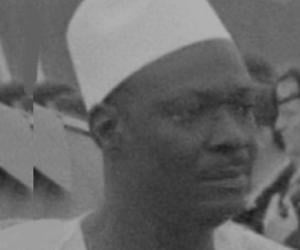
Rafael Leónidas Trujillo Molina was a Dominican dictator. He ruled the Dominican Republic from 1930 to 1961, serving as president for 18 years and as an unelected military strongman for the rest of the time. While he was in power, the Dominican Republic witnessed large-scale violence and his 31-year-rule is regarded as one of the bloodiest eras in the Americas.
Pervez Musharraf is a former Pakistani President and army chief who overthrew his country’s elected government in a coup to assume power as its chief executive. Kargil infiltration, confrontation with India and a steep rise in Pakistan’s GDP marked the presidency of the now-retired four-star general. He was awarded capital punishment for treason, but the court order was annulled later.
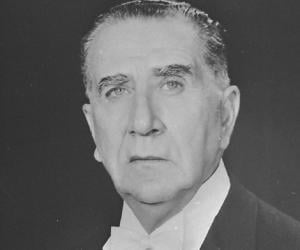
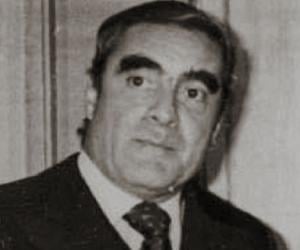
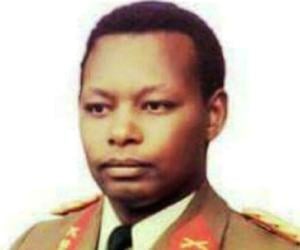
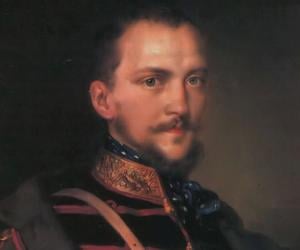
Hungarian military leader and minister of war Artúr Görgey was one of the most prominent figures of the Hungarian Revolutionary Army. Following his revolution against the Habsburg Empire, he was named the dictator of Hungary by Lajos Kossuth. Though he was branded a traitor, his name was later cleared.
